Ovipositor Dildos Play: Safety & Hygiene
Ovipositor Dildos Play: Safety & Hygiene
(What to Know Before You Try)
📖 Reading time: 10-15 minutes
Folks, if you're curious about ovipositor play, you're not alone—and there's absolutely nothing to be ashamed of. Fantasy toys that simulate egg-laying (oviposition) have carved out a dedicated niche in the adult toy world, and like any intimate activity, they're completely valid when practiced safely and consensually. If you're new to fantasy toys in general, check out our beginner's guide to fantasy toys for foundational knowledge. This article isn't here to judge—it's here to educate. We'll walk through materials, hygiene, egg safety, cleaning protocols, and cross-contamination prevention so you can explore this fantasy with confidence and care.
Quick Safety Answer: Choose platinum-cure silicone ovipositors, pair with water-based lube, and use body-safe, dissolvable eggs from reputable makers. Wash hands and toys before and after use, avoid cross-contamination between anal and vaginal use, and fully dry toys before storage. For deep cleaning, boil pure silicone (no electronics) briefly or use toy cleaner per instructions.
📋 On This Page
- What Is an Ovipositor Dildo?
- Safety Framework: Materials & Mindset
- Egg Options: Only Body-Safe Dissolvable Eggs
- Lube & Compatibility
- Prep & Setup: Hygiene Before Play
- During Play: Technique & Safety Cues
- Cleanup After Play (Step-by-Step)
- Special Hygiene Considerations
- Troubleshooting & When to Skip
- Buyer's Notes: What to Look For
- Frequently Asked Questions
🎯 Key Takeaways
- Platinum-cure silicone only: Non-porous, hypoallergenic, durable, and sterilizable. Avoid "jelly" or unknown material blends.
- Body-safe eggs exclusively: Purchase purpose-made dissolvable eggs or DIY with food-grade gelatin + distilled water only—no additives, fragrances, or glitter.
- Water-based lube mandatory: Protects silicone toys and dissolves gelatin eggs safely. Thicker formulas provide more comfort with larger eggs.
- Cross-contamination prevention: Never move from anal to vaginal use without fresh barriers and complete cleaning. Dedicate separate toys when possible.
- Thorough cleaning protocol: Disassemble reservoirs/tubing, flush with warm soapy water, rinse until clear, air-dry completely before storage.
- Stop signals matter: Pain, burning, rash, unusual discharge, or difficulty passing eggs require immediate cessation and medical consultation if symptoms persist.
- Storage best practices: Breathable pouches, cool dry location, components disassembled to ensure full drying and prevent bacterial growth.
- TheDildoHub supports your exploration: Discreet California shipping, discreet billing, sexy gift with every order, and judgment-free customer care.
What Is an Ovipositor Dildo? (Scope & Materials)
An ovipositor dildo is a fantasy sex toy designed to simulate the sensation of egg-laying. Inspired by insect and alien-egg-laying imagery (similar to Xenomorph and other sci-fi creature aesthetics—learn more in our Xenomorph dildo guide), these toys typically feature a hollow channel or tube that allows soft, body-safe "eggs" to be deposited during use. The appeal lies in the sensation of fullness, release, and the psychological thrill of transformation or alien fantasy roleplay.
Typical Build & Design
Materials: Quality ovipositor toys are made from platinum-cure silicone—the gold standard for insertable toys. According to materials safety research from consumer product testing organizations, platinum-cure silicone is non-porous (won't harbor bacteria), hypoallergenic, durable enough to withstand boiling for sterilization, and maintains structural integrity through repeated use.1
Construction features:
- Shaft: Smooth or textured exterior, typically tapered for easier insertion
- Hollow channel: Internal tube running the length for egg passage
- Reservoir: Chamber that holds eggs before release (may be removable for cleaning)
- Base: Flared for safety; may include suction cup or harness compatibility
- Tubing: Some designs use detachable tubing for loading eggs
Avoid: Unknown "jelly" blends, toys without material disclosure, or products that smell strongly of chemicals (indicates porous, potentially toxic materials). If a manufacturer won't specify "platinum-cure silicone" or "medical-grade silicone," don't use it internally.
ℹ️ Why Silicone Quality Matters
Porous materials (TPE, "jelly," latex blends) cannot be fully sterilized—bacteria hide in microscopic surface pores even after washing. Non-medical-grade silicone may leach chemicals or degrade with standard cleaning products. Platinum-cure silicone eliminates these risks, making it the only acceptable choice for toys involving internal use and complex cleaning requirements like ovipositors.
Safety Framework (How to Think About Play)
Before we dive into specific protocols, let's establish the fundamental safety principles that should guide all ovipositor play.
Body-Safe Materials First
Toy material: Platinum-cure silicone for the ovipositor itself—verify on product pages or packaging.
Lube compatibility: Water-based lubricant only. Silicone-based or oil-based lubes can degrade silicone toys over time, create cleanup challenges, and interfere with egg dissolution.
Egg materials: We'll cover this extensively in the next section, but the short version: only body-safe, dissolvable eggs designed specifically for internal use.
Barrier Methods for Easier Cleanup
Consider using condoms over ovipositor toys—this isn't just about STI prevention (though that matters with partners). Barriers:
- Simplify cleanup by containing egg residue
- Allow safe switching between anal and vaginal use (with fresh condom and thorough external cleaning)
- Protect toys from potential cross-contamination
- Make shared toy use safer (each person gets fresh barrier)
Technique: Roll condom over toy shaft before egg loading. Some users place eggs inside condom reservoir before rolling onto toy. Experiment with both methods to see what works for your setup.
Cross-Contamination: The Hard Rule
⚠️ Critical Safety Rule
Never move a toy from anal to vaginal use without complete cleaning and a fresh barrier. Anal bacteria (E. coli, others) cause vaginal infections when introduced to that environment. The vagina's bacterial balance is delicate—contamination can trigger bacterial vaginosis, yeast infections, or urinary tract infections.2
Best practice: Dedicate separate toys for each orifice. If you must share one toy, use condoms and change them between uses with full toy cleaning in between. When in doubt, grab a different toy.
Listen to Your Body
Stop immediately if you experience:
- Sharp or persistent pain (beyond initial stretch/fullness)
- Burning sensations
- Unusual discomfort that doesn't ease with adjustment
- Difficulty passing eggs (forcing risks tissue damage)
- Any sensation that feels "wrong" even if you can't articulate why
Your body knows when something isn't right. Fantasy is fun; injury is not. There's no shame in pausing or stopping a session.
Egg Options (Only Use Body-Safe, Dissolvable Eggs)
This is where safety gets especially critical. Not all "eggs" marketed for ovipositor play are created equal—and some homemade versions are downright dangerous.
Best Practice: Purchase Ready-Made Body-Safe Eggs
What to look for:
- Manufacturer explicitly states "body-safe" and "designed for internal use"
- Made from dissolvable, non-toxic materials (usually gelatin-based)
- Smooth surface with no seams, rough edges, or embedded particles
- Size-appropriate for your anatomy (start small—you can always go bigger)
- Clear dissolution instructions (temperature, timeline)
Reputable fantasy toy retailers (like TheDildoHub) carry purpose-made eggs that meet these criteria. Don't gamble with your health on unmarked products from unknown sellers.
DIY Eggs: Safety-First Approach
If you choose to make your own eggs, follow these rules without exception:
| Safe Ingredients | Unsafe Ingredients (Never Use) |
|---|---|
| Food-grade unflavored gelatin powder | Sugar (feeds bacteria, yeast infections) |
| Distilled water (boiled & cooled) | Tap water (may contain bacteria, chemicals) |
| 1-2 drops food coloring (optional, unscented) | Essential oils, fragrances, flavorings |
| Clean silicone molds (toy-grade or baking) | Craft glitter, mica, non-dissolvable decorations |
| Refrigerated storage (use within 24 hours) | Room-temp storage beyond 2 hours |
Basic DIY recipe (use at your own risk):
- Boil distilled water, let cool to lukewarm
- Add food-grade unflavored gelatin according to package ratio (typically 1 packet per 2 cups water for firm eggs)
- Stir until completely dissolved—no lumps
- Optional: Add 1 drop food coloring, stir gently
- Pour into pre-cleaned silicone molds
- Refrigerate until firm (usually 2-4 hours)
- Unmold gently, inspect for smoothness
- Store refrigerated in clean container; use within 24 hours
Critical test: Before internal use, place one egg in a bowl of warm water (body temperature) and time how long it takes to fully dissolve. If it doesn't dissolve within 10-15 minutes or leaves residue, do not use internally—adjust recipe or purchase commercial eggs.
⚠️ Never Use These in Eggs
- Sugar, honey, syrups: Feed bacteria and yeast, causing infections
- Oils, fats, butter: Don't dissolve, can harbor bacteria, interfere with condoms
- Fragrances, essential oils: Irritate delicate tissue, cause allergic reactions
- Craft glitter, mica, decorative elements: Non-dissolvable particles cause micro-tears and infection risk
- Unknown chemicals, "special effects" additives: Toxicity unknown; not worth the risk
Sizing & Comfort Guidelines
Start small: Eggs around 0.5-0.75 inches (1.3-1.9 cm) diameter for beginners. Experienced users may graduate to 1-1.5 inches (2.5-3.8 cm). Never force an egg that feels too large.
Shape considerations: Ovoid (egg-shaped) designs pass more comfortably than spherical. Slight taper helps with insertion.
Quantity: Start with 2-3 eggs per session. More isn't necessarily better—focus on comfort and sensation rather than volume.
Lube & Compatibility (Get This Right)
Proper lubrication isn't optional—it's essential for comfort, safety, and toy longevity.
Use Water-Based Lube with Silicone Toys & Gelatin Eggs
Why water-based?
- Silicone compatibility: Won't degrade platinum-cure silicone toys
- Egg safety: Assists gelatin egg dissolution without complications
- Easy cleanup: Rinses away cleanly with water
- Body-safe: Absorbed naturally; no residue concerns
Browse our complete water-based lubricant collection for options ranging from thin to thick formulas.
Avoid silicone-based or oil-based lubes: These can damage silicone toys over time, create stubborn cleanup issues, degrade condoms (if used), and interfere with egg dissolution.
Viscosity Guide
| Lube Type | Best For | Notes |
|---|---|---|
| Thick/Gel WB | Larger eggs, anal use, tighter anatomy | Provides cushion; lasts longer; may need more cleanup |
| Medium WB | General use, most scenarios | Balanced glide and longevity; easiest to rinse |
| Thin/Natural WB | Vaginal use, smaller eggs | More natural feel; reapply frequently; very easy cleanup |
Application tips:
- Apply generously to toy shaft, especially near opening
- Apply lube to your body's entry point (vulva, anus)
- Lube each egg lightly before loading into toy
- Keep lube nearby—reapply as needed during play
Temperature considerations: Use room-temperature lube. Very warm lube can prematurely soften gelatin eggs before insertion.
💡 Lube Selection Tip
Choose fragrance-free, glycerin-light or glycerin-free water-based lubes if you're prone to yeast infections or sensitivity. Glycerin (a sugar alcohol) can feed vaginal yeast in some people. Check labels for "sensitive skin" or "pH-balanced" formulations.
Prep & Setup (Hygiene Before Play)
Proper preparation prevents most hygiene issues. Take these steps seriously—they're not optional.
Hands & Nails
Wash thoroughly: Scrub hands with antibacterial soap for at least 20 seconds, including under nails and between fingers. According to CDC hand hygiene guidelines, this removes 99% of transient bacteria.3
Trim nails: Short, filed nails prevent accidental scratches during toy handling or egg loading. Sharp edges cause micro-tears that increase infection risk.
Optional gloves: Nitrile gloves (not latex if you have allergies) provide extra barrier protection during cleanup and egg handling. Change gloves if moving between anal and vaginal contexts.
Toy Inspection & Prep
✓ Pre-Play Toy Checklist
- Inspect entire toy surface for cracks, tears, or rough spots—retire damaged toys immediately
- Check that reservoir/tubing connections are secure and clean
- Rinse toy with warm water even if previously cleaned (removes dust)
- Ensure all components are dry inside before loading eggs (moisture = bacterial growth)
- Test egg-loading mechanism if it's your first use—practice before starting play
- Have backup eggs ready in case first batch doesn't work as expected
Space Setup
Gather supplies within arm's reach:
- Clean towel or washable pad underneath you
- Tissues or paper towels for immediate cleanup
- Mild toy cleaner or soap
- Water-based lube (extra supply)
- Waste receptacle for condom/egg disposal
- Privacy (lock door, set boundaries with housemates)
- Stable surface if using suction cup mounting
- Optional comfort products: massage oils for relaxation, throat relaxing spray if applicable, arousal enhancement lubricant, or position aids for ergonomic support
During Play (Technique & Safety Cues)
Once you're set up and ready, follow these guidelines to keep play safe and enjoyable.
Insertion & Technique
Go slow: Rushing increases injury risk. Take your time with initial insertion—let your body adjust to the toy's presence before attempting egg passage.
Never force eggs: If an egg won't pass comfortably, stop. Add more lube, adjust angle, or try a smaller egg. Forcing past pain points causes tissue damage.
Maintain gentle angles: Anatomy has curves—listen to your body's feedback about positioning. Slight angle adjustments often solve resistance issues.
Communicate if partnered: If someone else is operating the toy, establish clear verbal or hand signals. "More," "slower," "stop," and "that's good" are essential vocabulary.
Lube Reapplication
Friction is your enemy. Keep lube handy and reapply:
- Every 5-10 minutes during active play
- Before each egg passage attempt
- If you feel any tugging or uncomfortable drag
- Generously—don't skimp on this
Anal vs. Vaginal Use: Critical Hygiene
If using for both orifices in one session:
- Use separate toys for each (safest option)
- OR use condoms—fresh condom + full external toy cleaning between uses
- Never go anal → vaginal without complete cleaning and fresh barrier
- Vaginal → anal is safer but still requires barrier change for hygiene
Why this matters: Anal bacteria in the vaginal environment cause infections. The vagina's pH and bacterial ecosystem can't handle E. coli and other intestinal bacteria. This isn't paranoia—it's basic microbiology.2
⚠️ Stop Play Immediately If You Experience:
- Sharp pain (not just pressure or stretch)
- Burning sensation that doesn't ease with adjustment
- Bleeding or spotting
- Feeling faint, dizzy, or nauseous
- Difficulty breathing (can indicate allergic reaction)
- Inability to pass eggs comfortably after multiple attempts
Remove toy gently if possible, wash area with warm water, and rest. Seek medical attention if symptoms persist beyond a few hours or worsen.
Cleanup After Play (Step-by-Step)
Thorough cleaning is non-negotiable for ovipositor toys. The hollow channels and potential egg residue make this more complex than standard toy cleanup.
Immediate Post-Play
- Remove barrier if used: Carefully peel off condom, ensuring no egg fragments spill. Tie off and dispose in trash (not toilet).
- Wipe external residue: Use tissues or damp towel to remove visible lube and egg material from toy exterior.
- Don't delay full cleaning: Gelatin residue hardens quickly. Clean within 15-30 minutes of play ending.
Thorough Washing Protocol
✓ Complete Cleaning Steps
- Disassemble: Remove reservoir, detach tubing if possible—clean all parts separately for thorough access
- Warm water flush: Run warm (not hot) water through all hollow channels to dissolve egg residue
- Soap application: Use mild unscented soap or dedicated toy cleaner. Apply to all surfaces, internal and external
- Tubing flush: Use small bottle brush, pipe cleaner, or syringe to force soapy water through tubing. Repeat until water runs clear
- Reservoir scrub: If removable, scrub interior with soft brush or cloth. Rinse thoroughly
- Final rinse: Run clear water through all components until no soap residue remains. Soap residue causes irritation on next use
- Inspection: Hold components up to light—ensure no visible residue remains in channels or reservoirs
Deep-Clean Options (Silicone Only, No Electronics)
Boiling (sterilization): For pure platinum-cure silicone toys without electronics, batteries, or non-silicone components:
- Bring pot of water to rolling boil
- Submerge toy completely
- Boil for 3-5 minutes
- Remove with tongs (very hot!)
- Let cool completely on clean towel
- Air-dry fully before storage
Sanitizing alternative (bleach solution): For toys that can't be boiled:
- Mix 10% household bleach solution (1 part bleach : 9 parts water)
- Submerge toy for 10 minutes in well-ventilated area
- Rinse extremely thoroughly with clear water—bleach residue causes burns
- Let air-dry completely
- Sniff-test before next use—should smell like nothing
Note: Many users prefer purpose-made toy cleaners to avoid bleach hassle. Follow product label instructions carefully. UV sanitizers work for surfaces but don't penetrate hollow tubes well.
Drying & Storage
Drying:
- Shake off excess water
- Pat external surfaces dry with clean lint-free cloth
- Use pipe cleaner or rolled paper towel to dry internal channels
- Air-dry all components completely—moisture promotes bacterial growth
- For tubing: blow air through or hang to drip-dry fully
- Allow 2-4 hours of air-drying time before reassembly
Storage best practices:
- Store in breathable fabric pouch (not sealed plastic—traps moisture)
- Keep in cool, dry location away from direct sunlight
- Store components disassembled if possible (ensures full drying)
- Keep toys separated—silicone can transfer pigment if touching
- Don't store with other materials (TPE, jelly, etc.)—chemical reactions possible
Special Hygiene Considerations
Ovipositor toys have unique cleaning challenges beyond standard dildos. Pay special attention to these areas.
Tubing & Reservoirs: The Challenge Zones
Why these matter: Hollow spaces trap moisture, egg residue, and bacteria. You can't visually inspect the entire interior, making thorough cleaning critical.
Tools that help:
- Small bottle brush: Flexible bristles reach into reservoirs
- Pipe cleaners: Thin, flexible, disposable—ideal for narrow tubing
- Syringe (no needle): Force water through channels under pressure
- Aquarium air pump: Blow air through tubing to verify no blockages
Cleaning technique:
- Flush with warm water first to dissolve/dislodge residue
- Run soapy water through using syringe or under tap pressure
- Insert bottle brush or pipe cleaner, scrub gently
- Flush with clear water until it runs completely clear
- Blow air through to verify no obstructions
- Air-dry fully—hang tubing vertically if possible
Porous Accessories (Upgrade If Possible)
Some older or budget ovipositor designs include non-silicone components—rubber tubing, plastic reservoirs, etc. These porous materials can't be fully sterilized.
If your toy has porous parts:
- Use condoms over the entire toy, not just the shaft
- Replace porous components frequently (every 3-6 months)
- Consider upgrading to all-silicone toys when possible
- Never share toys with porous components even with barriers
Shared Toys: Extra Protocols
Between partners:
- Always use fresh condom per person
- Complete external toy cleaning between users even with condoms
- Boil/sterilize toy before sharing if no barrier used
- Consider dedicated toys per person for high-risk play (anal use)
Between orifices (same person):
- Fresh condom mandatory
- Wash toy exterior with soap between uses
- Full cleaning protocol before storage
Sensitivity & Allergies
If you're prone to infections or have sensitive anatomy:
- Choose fragrance-free, glycerin-free water-based lubes
- Avoid colored gelatin eggs (stick to plain/clear)
- Rinse toys with distilled water for final rinse (removes tap water chemicals)
- Consider probiotic suppositories after play to maintain vaginal flora
- Increase cleaning thoroughness—err on side of caution
Troubleshooting & When to Skip
Not every session goes smoothly. Here's how to handle common issues and recognize when to stop.
Eggs Crumble or Clump
Causes: Recipe too dry (not enough water), eggs too old (past 24 hours), or eggs stored at wrong temperature.
Solution: Discard crumbly eggs immediately—never insert fragments. Make fresh batch with slightly more liquid. If using commercial eggs, check expiration dates and storage requirements.
Unusual Odor or Irritation Post-Play
Possible causes: Incomplete egg dissolution, bacterial overgrowth from insufficient cleaning, allergic reaction to egg additives, or pH disruption.
Actions:
- Stop all play immediately
- Wash affected area thoroughly with warm water (no soap inside vagina)
- Allow rest day—no insertion for 24-48 hours
- Monitor for symptom improvement
- Seek medical advice if symptoms persist beyond 24 hours or worsen
Toy Feels Tacky or Discolored
Causes: Silicone degradation from improper cleaning products, contact with incompatible materials, or toy reaching end of lifespan.
Actions:
- Deep clean with toy cleaner or mild soap
- Boil if safe (may restore surface)
- If tackiness persists, retire the toy—it's no longer safe
- Review storage practices—avoid contact with other toys
When to Seek Medical Care
⚠️ See a Doctor If You Experience:
- Burning sensation lasting more than 2 hours post-play
- Persistent pain that doesn't improve with rest
- Rash or visible irritation around genitals or anus
- Unusual discharge (change in color, odor, consistency)
- Fever (sign of infection)
- Difficulty urinating or painful urination
- Inability to pass eggs after session ends
- Symptoms persisting beyond 24 hours regardless of severity
Don't hesitate to seek care. Medical professionals are trained to help without judgment. Your health matters more than embarrassment.
Buyer's Notes (What to Look For)
Choosing quality ovipositor toys upfront prevents hygiene and safety issues down the line.
Material Disclosure
Must-haves:
- Explicit "platinum-cure silicone" or "medical-grade silicone" statement
- Smooth internal surfaces (rough interiors trap residue)
- Removable/cleanable reservoir and tubing (essential for thorough cleaning)
- Material safety certifications if available (FDA-approved materials, phthalate-free)
Red flags:
- No material information provided
- Vague terms like "body-safe material" without specifics
- Strong chemical smell when unpackaged
- Very cheap pricing (quality platinum-cure silicone costs more)
- Mixed material construction (silicone + rubber/plastic)
Size & Shape
Beginner-friendly features:
- Starter diameter: 1-1.25 inches (2.5-3.2 cm) at widest point
- Tapered tip for easier insertion
- Rounded edges (avoid sharp transitions)
- Manageable insertable length: 4-6 inches (10-15 cm) for first toy
Measurements matter: Always check dimensions in both inches and centimeters. What looks modest in photos might be larger than expected. Compare to toys you already comfortably use.
Brand Support & Documentation
Quality indicators:
- Detailed cleaning instructions included with toy
- Replacement parts availability (tubing, reservoirs)
- Warranty or satisfaction guarantee
- Responsive customer service for questions
- Educational resources about safe use
TheDildoHub offers: Carefully curated selection of platinum-cure silicone or food-grade silicone fantasy sex toys, discreet shipping from California (plain packaging, no branding), discreet billing (shows as "Sp Tdh-Br" on statements), and added mystery goodies with every order. Plus friendly, judgment-free customer support that actually knows their products.
Frequently Asked Questions
Ready to Explore—Safely and Confidently?
Shop TheDildoHub for premium platinum-cure silicone ovipositor toys, body-safe accessories, purpose-made dissolvable eggs, and professional toy cleaning solutions. We make fantasy exploration safe, discreet, and judgment-free.
🧪 Platinum-Cure Silicone Guaranteed
🚚 Discreet Shipping from California
💳 Discreet Billing (Shows as "Sp Tdh-Br")
📦 Plain, Unmarked Packaging
🎁 Sexy Gift with Every Order
💬 Friendly, Expert, Judgment-Free Support
⏱️ Quick Order Processing & U.S.-Friendly Delivery
Explore fantasy safely. We've got your back—and your privacy.


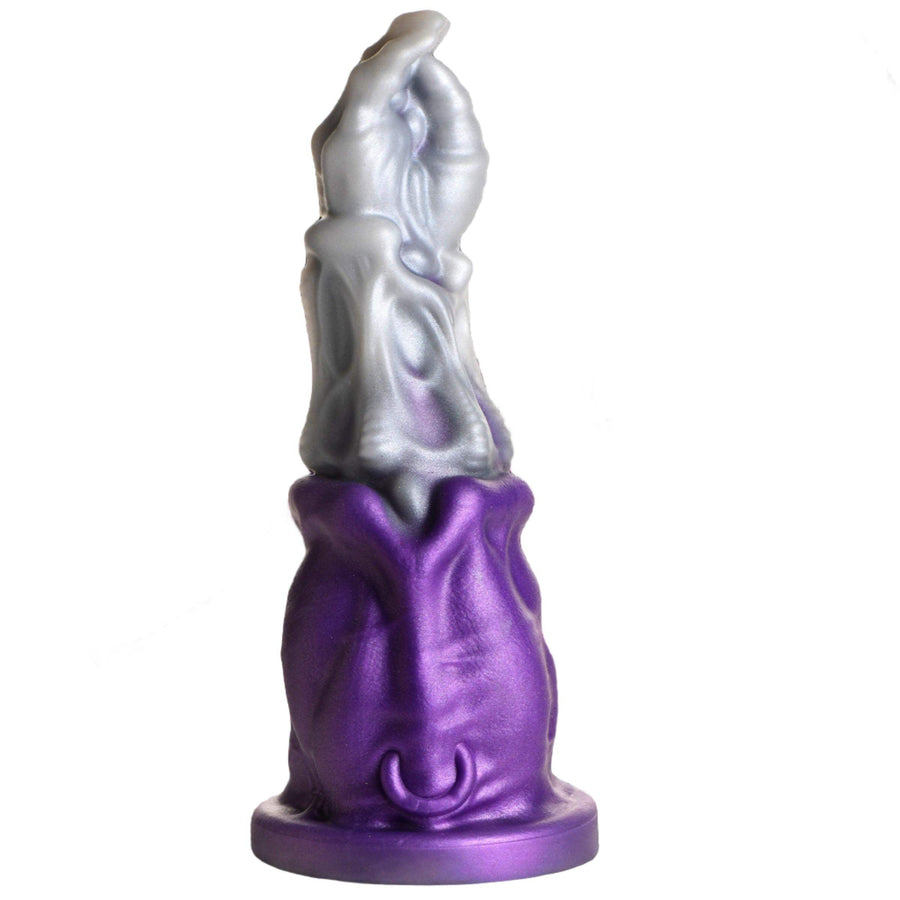
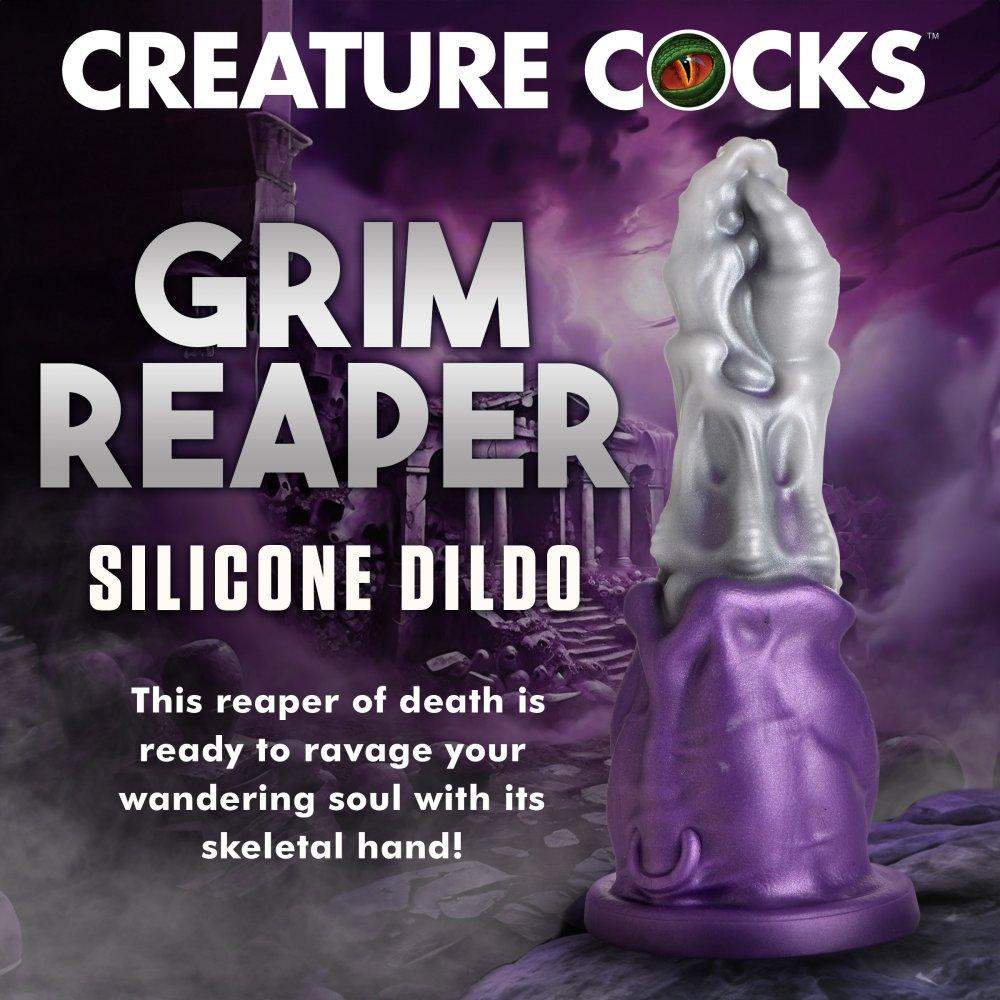
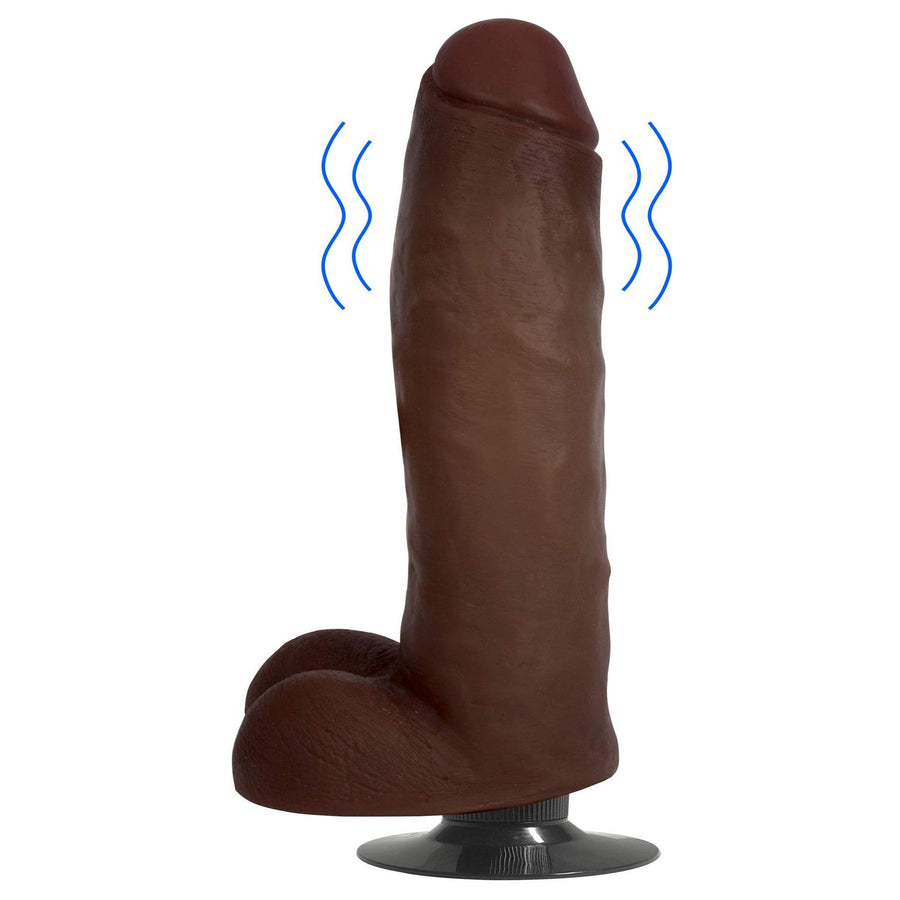
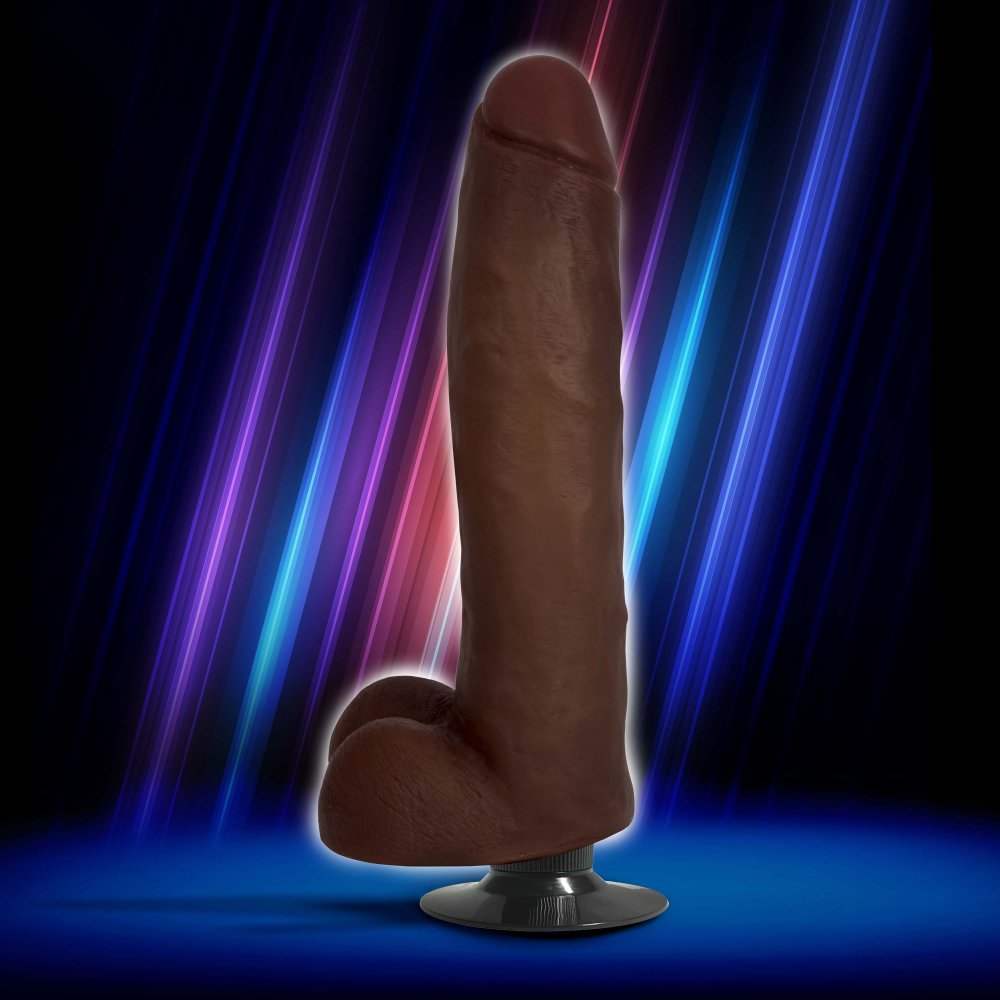
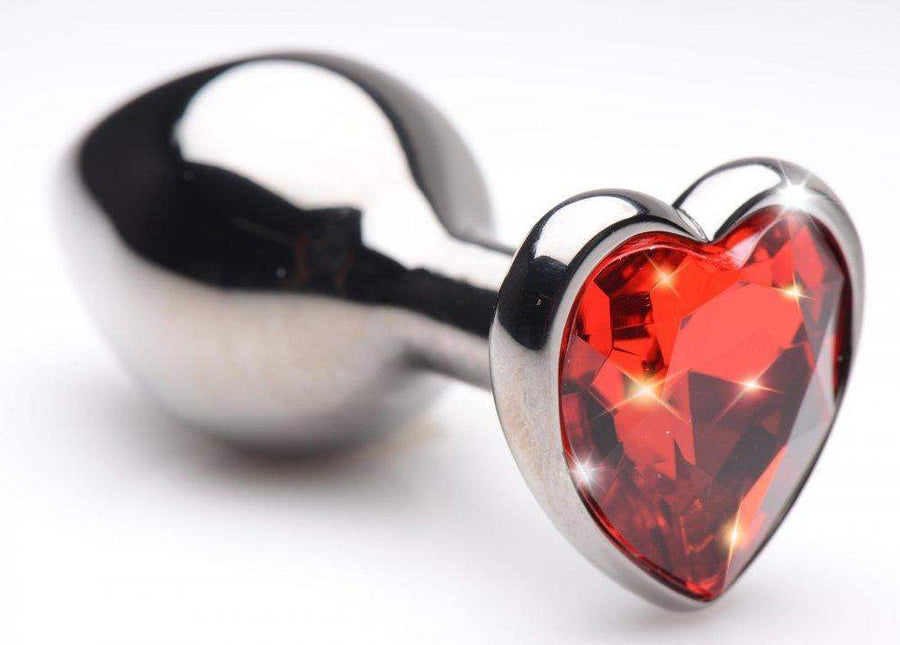
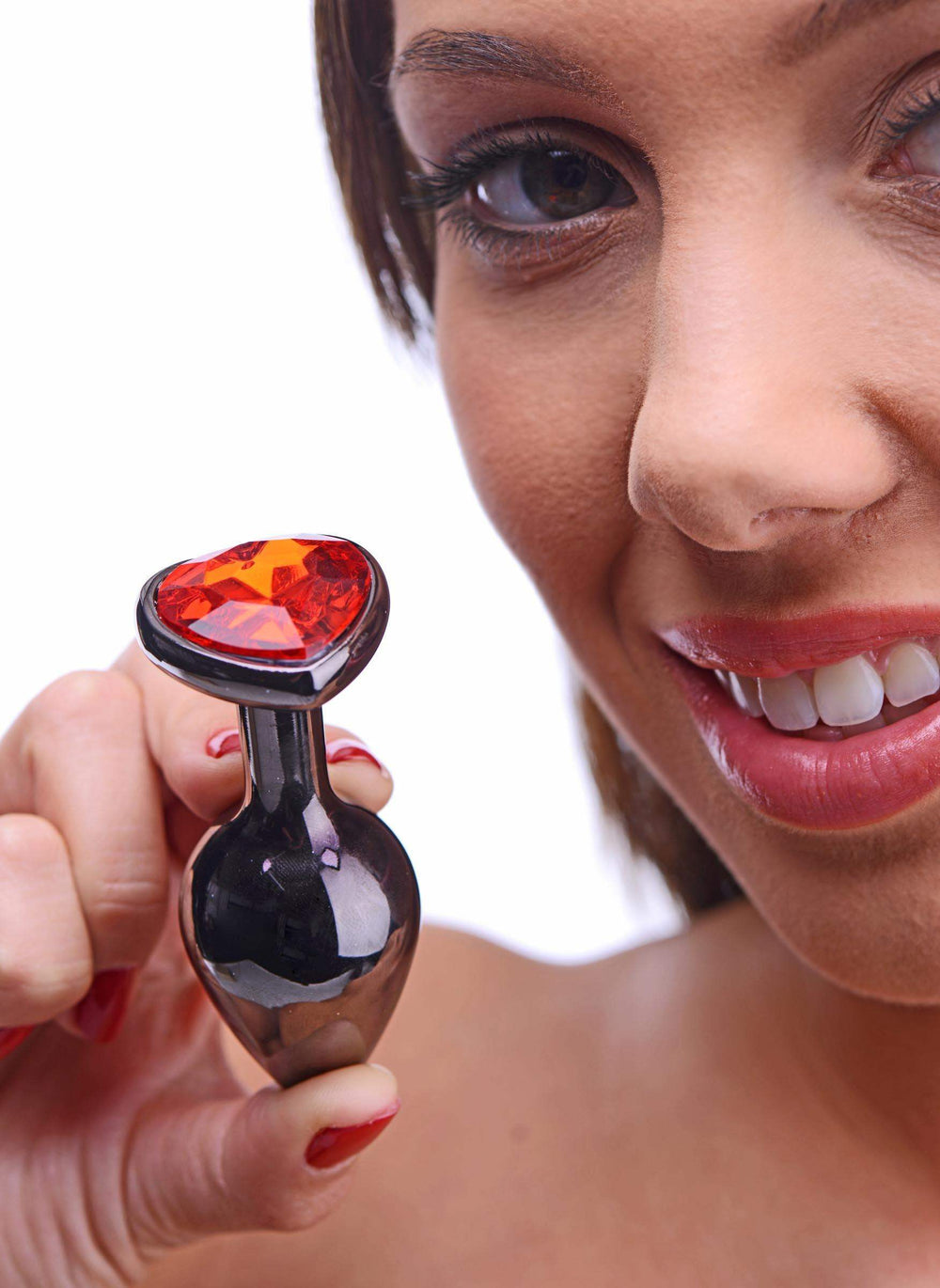
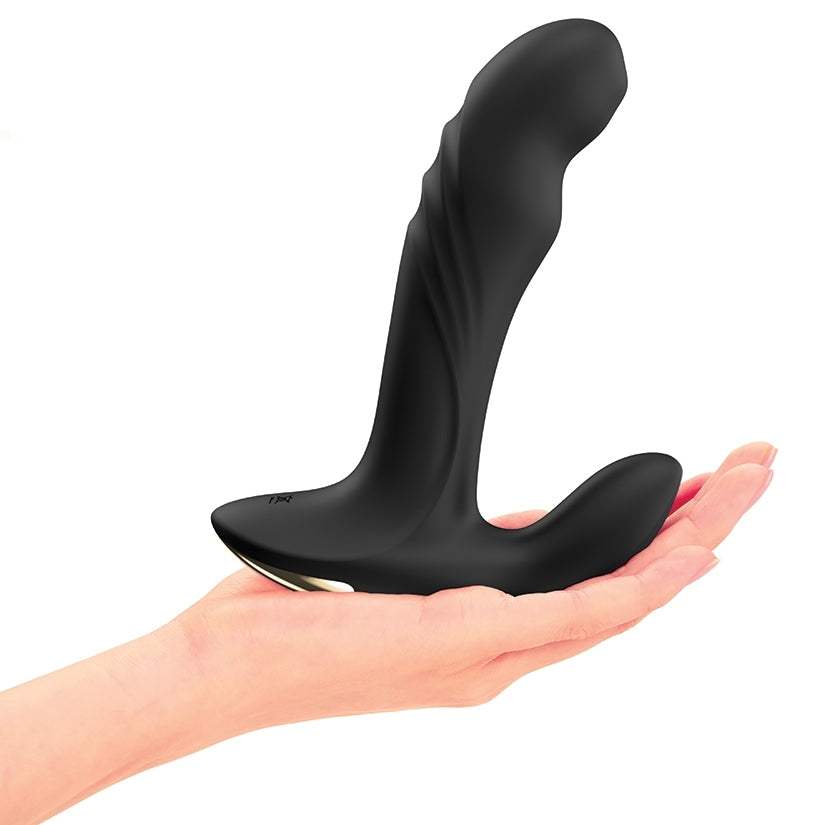
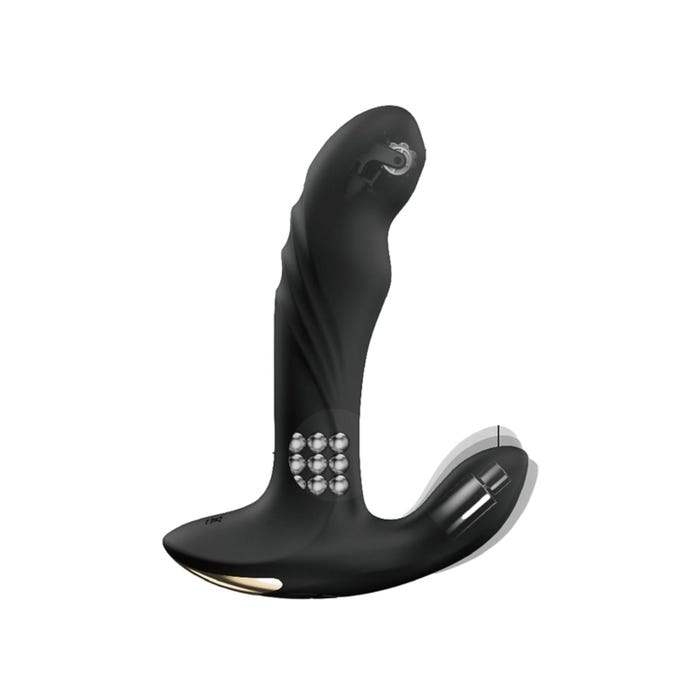


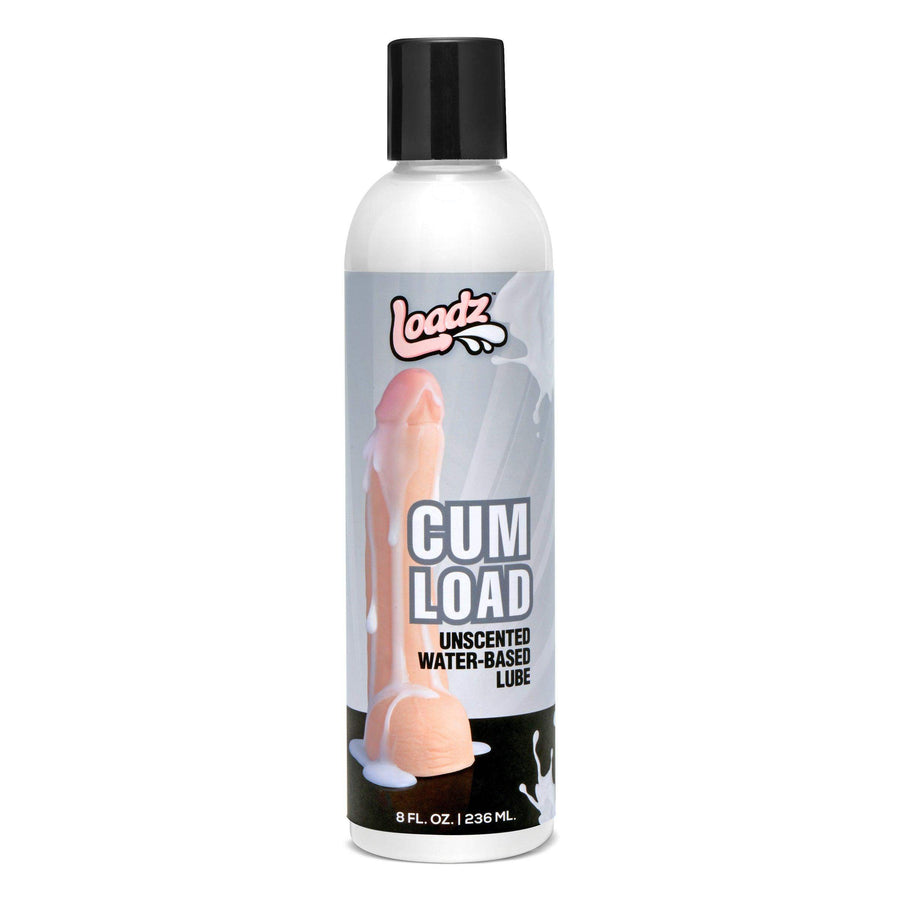
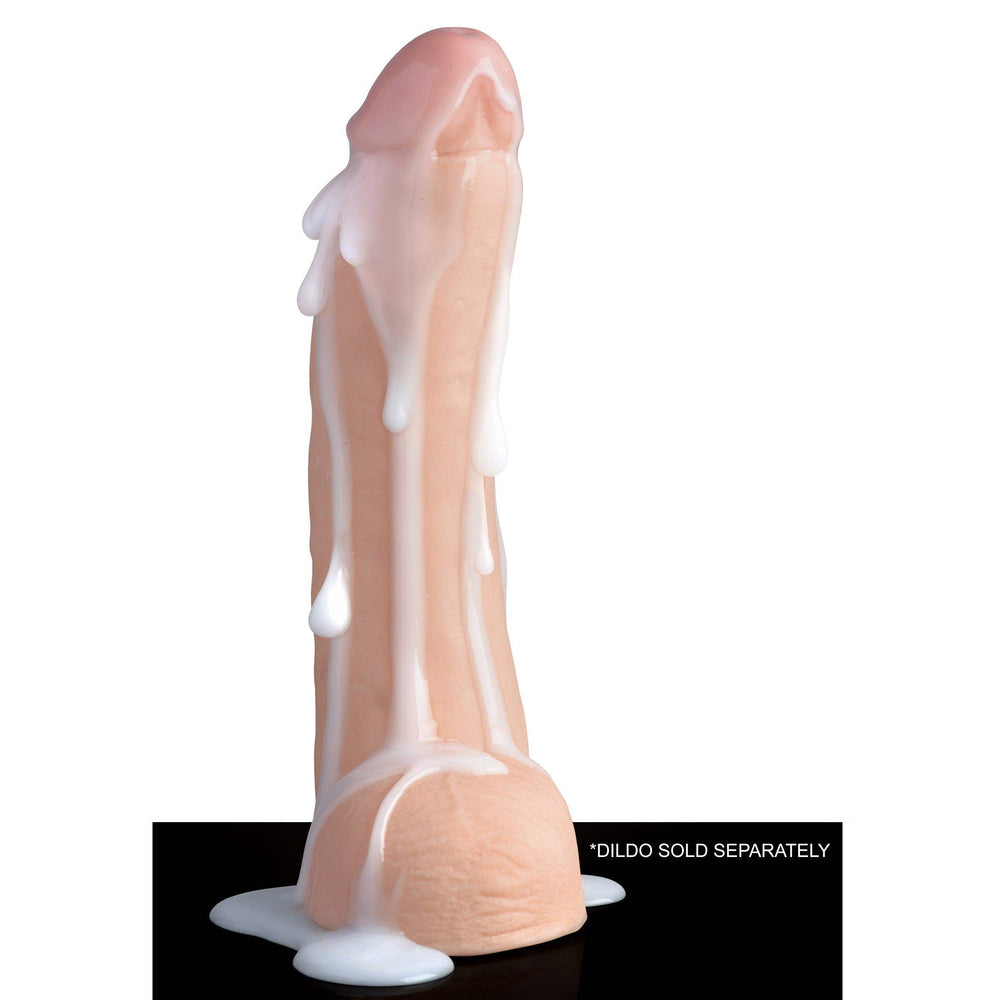
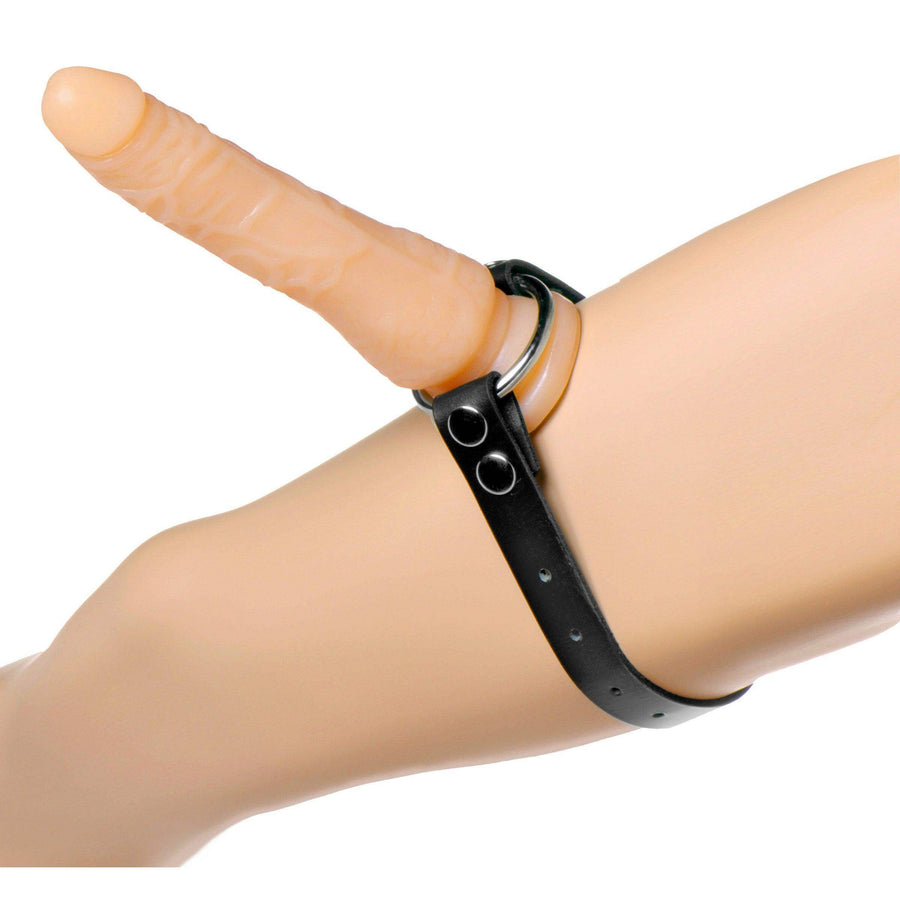
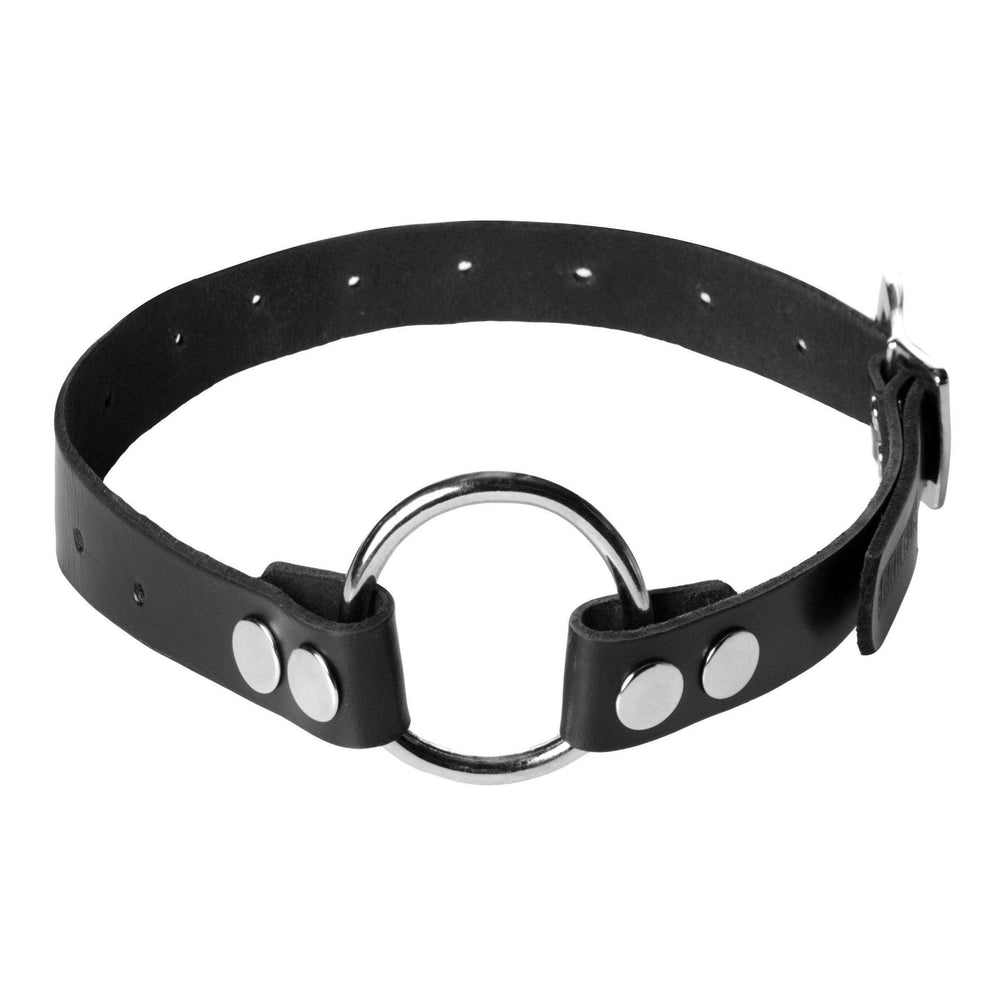
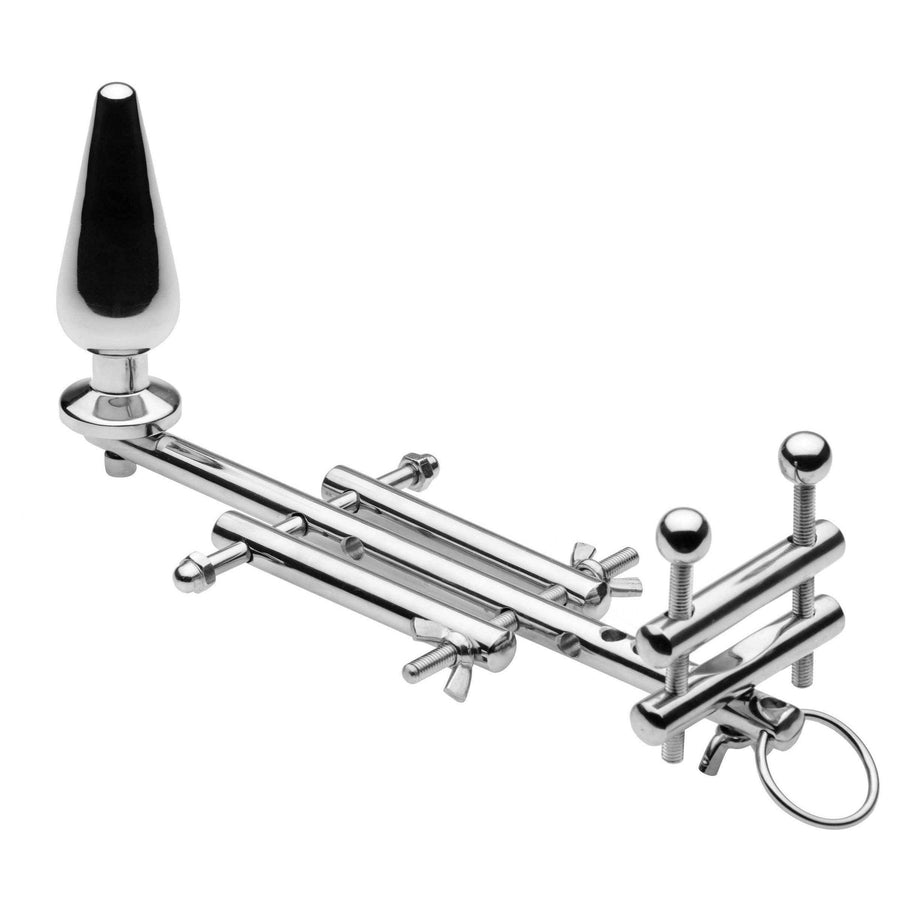
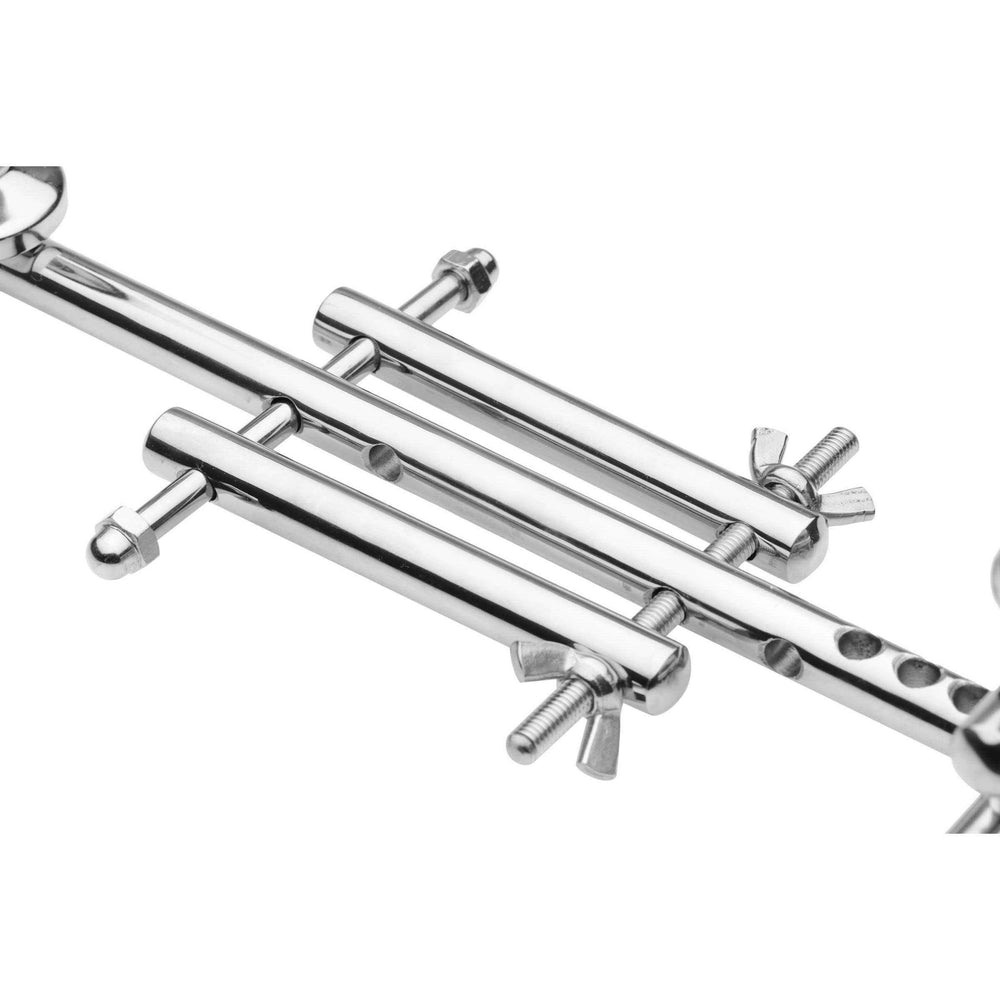


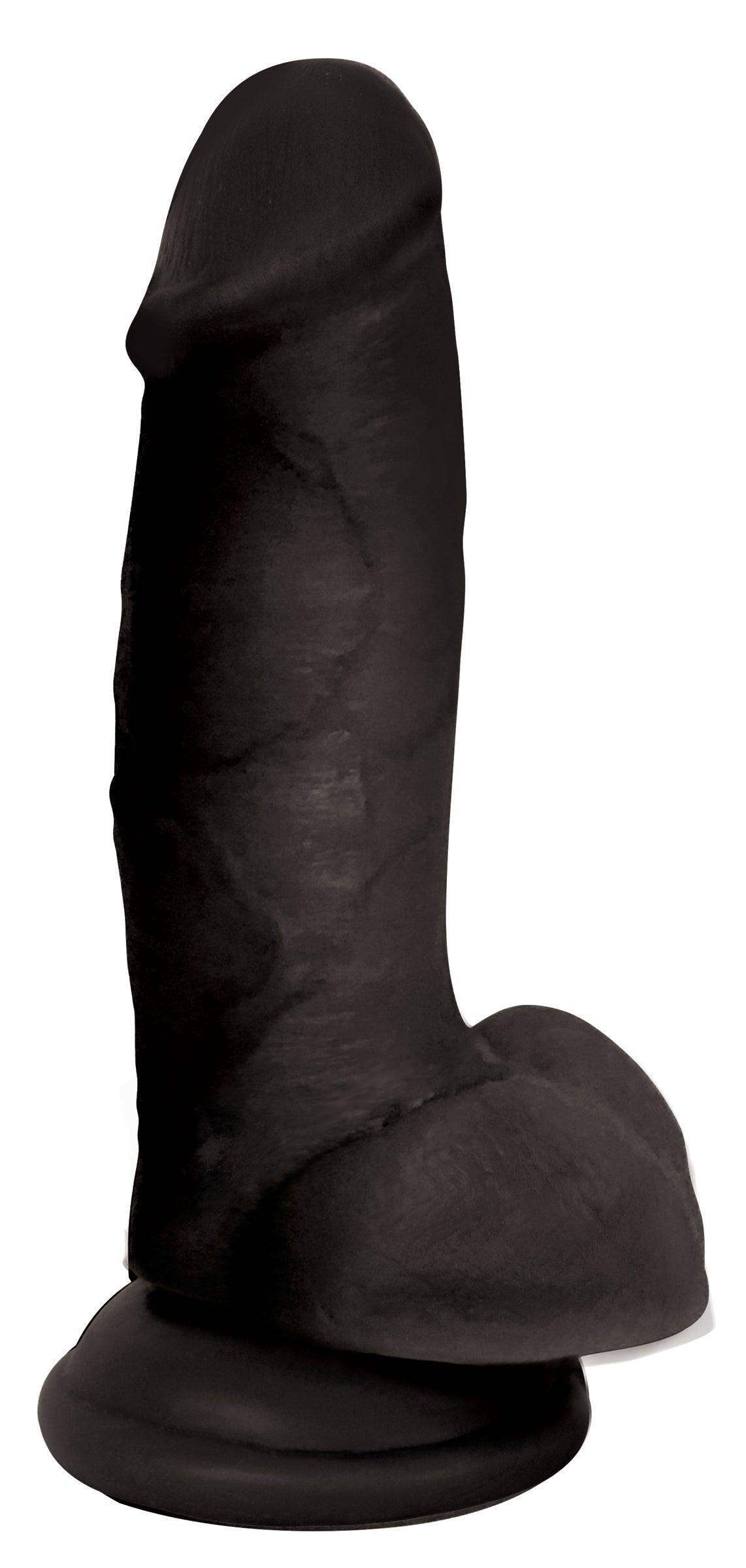









Leave a comment